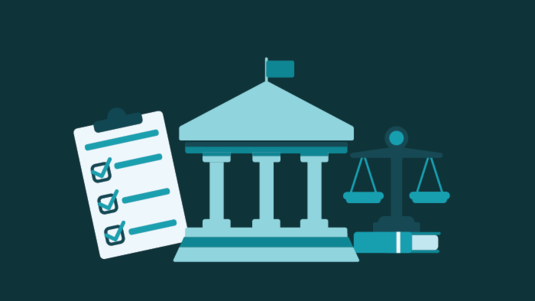Section 56 of the The Digital Economy Act 2017 is specific to the disclosure of information to combat fraud in the public sector.
This legislation allows certain specified individuals or organizations to disclose information they hold in connection with their functions to others in order to take action against fraud against public authorities. "Fraud against a public authority" is defined as a fraud offense that results in loss to a public authority or exposes the authority to risk of loss. "Taking action" includes preventing, detecting, investigating, prosecuting, bringing civil proceedings, and taking administrative action related to fraud against a public authority. The appropriate national authority has the power to modify the list of specified individuals or organizations, called Schedule 8, by adding, removing, or modifying entries, as long as certain conditions are met. These conditions include that the person or organization is a public authority or provides services to a public authority, and that they have a need for or potential to improve their ability to identify or reduce the risk of fraud, or have functions related to taking action against fraud against a public authority. The appropriate national authority must consult with certain individuals and organizations before making any changes to Schedule 8.
In the context of data and intelligence gathered by the TISCreport platform, our obligation relates to Section 56 part (2) part (b): the exposure of a public authority to a risk of loss. This aspect of the Act is managed by the DEA Fraud and Debt Data Sharing Secretariat.


